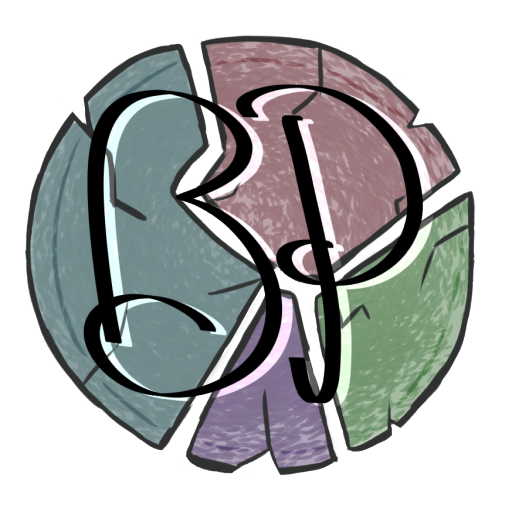Sometimes the most important pieces are the most difficult to write. I learned this in one of my writing classes when I set out to write a personal essay about my father, who was never very present in my life due to his long-term drug abuse. Before I began writing this essay, I avoided it. It was uncomfortable. I didn’t know where to begin or where to end. I didn’t know if I was strong enough to confront what needed to be confronted. It seemed so much easier to bury those feelings of grief and my memory of those experiences deep inside myself. The thing is, those feelings and memories always find their way to the surface, eventually.
Think about it. What is the thing you have been avoiding? Do you find it creeping up in other pieces you’ve written? Has it always been there but never the star of the show? My writing professor asked our class these questions, and I immediately knew the thing I had been avoiding was my father. At this point, it had been many years since I had spoken to him, and after learning about his recent drug overdose, I needed to confront my complex feelings surrounding what could be his death in the future, as well as the morality of keeping my distance during a time of such need. I went into writing this essay thinking that it was about learning to forgive him and his actions, but I soon learned it was really about learning to forgive myself, while exploring the ethics of maintaining my boundaries. The central question of the piece became: Could I live with myself if my father passed, and I never forgave him?
As artists, I believe we have a duty to be open to vulnerability. It’s not an easy task, but it is a necessary one when finding the truth in your writing. Through the help of my professor, I found that what I needed to write had been right in front of my face all along, hidden in plain sight, and desperate for me to linger on my relationship with my father. I realized he had always found his way into my writing in one way or another, even if I didn’t realize it. It was my duty to myself and to the authenticity of my story to shed years of resistance, and finally say what needed to be said.
When you find yourself pouring the deepest and darkest parts of yourself into a piece, I cannot stress enough how important it is to take care of your mental wellbeing. This was, undeniably, an emotionally taxing practice for me. Unwanted memories flooded my psyche, and I found myself in a dissociative state as a response to remembering the trauma I had endured during the years I was in close proximity to my father. It was hard for me to take a step back from my writing when I felt so close to finding the answers I had been searching for, but I learned the hard way that taking breaks are a necessity. Stretch. Go for a walk. Drink water. Reconnect with nature. Spend time with friends. I had to remember that I was healing a piece of myself, not dragging myself back into the contents of my writing.
We write to discover, reflect, and above all else, heal.

